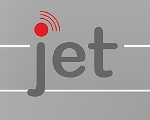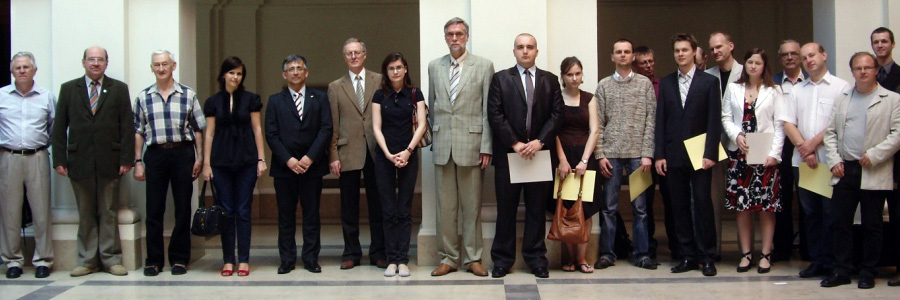
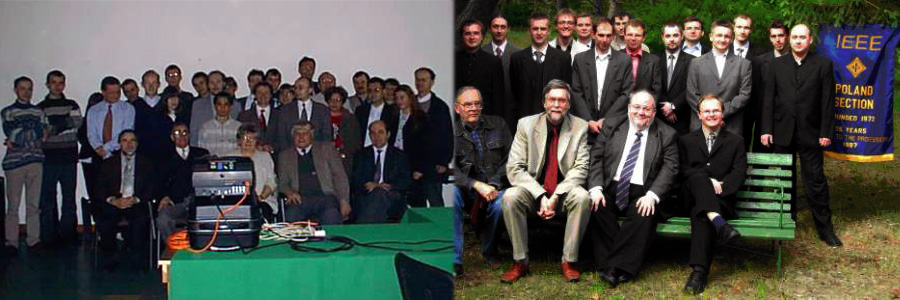
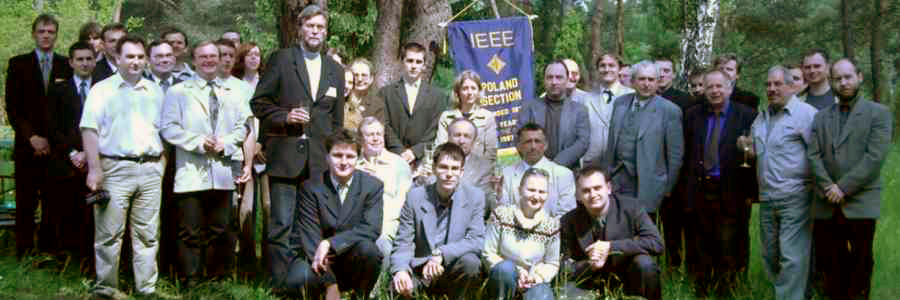
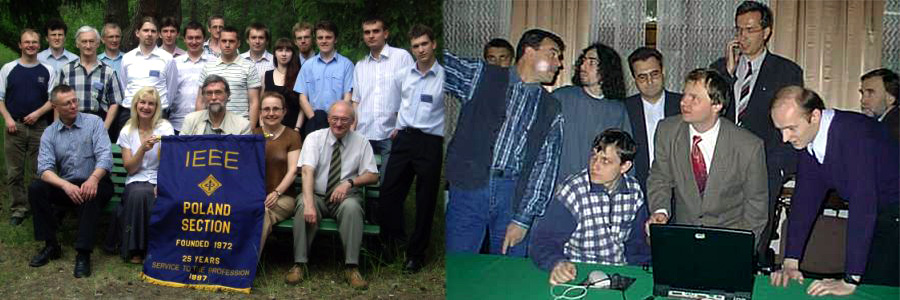
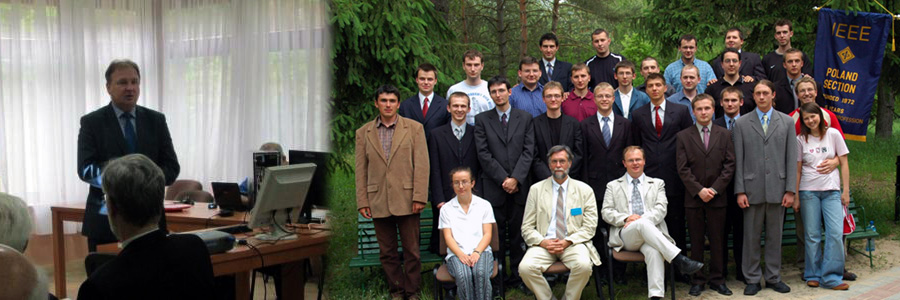
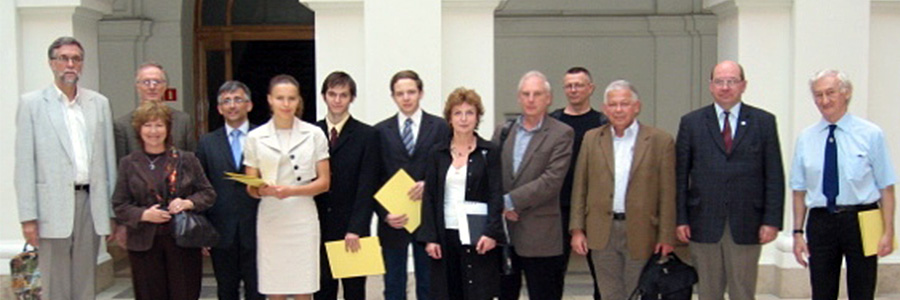
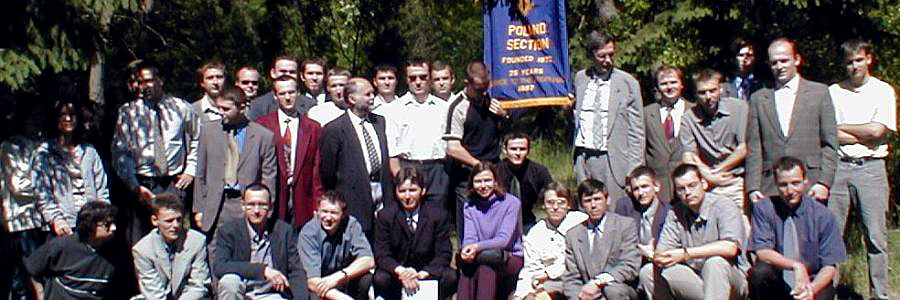
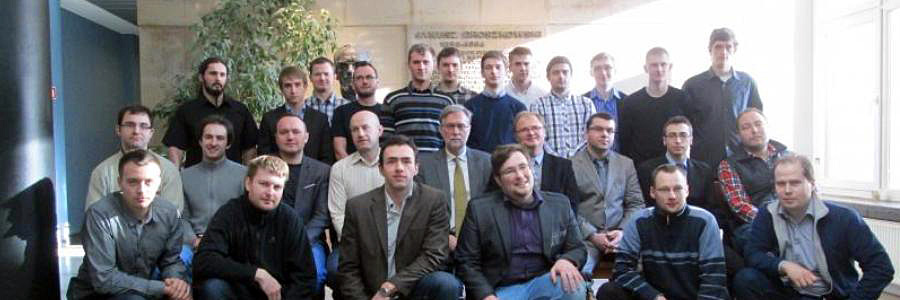
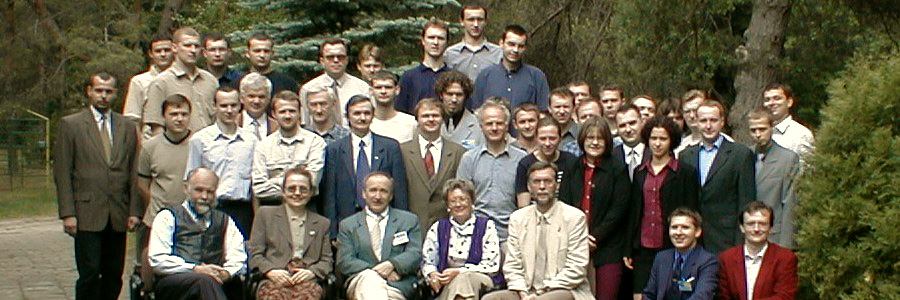
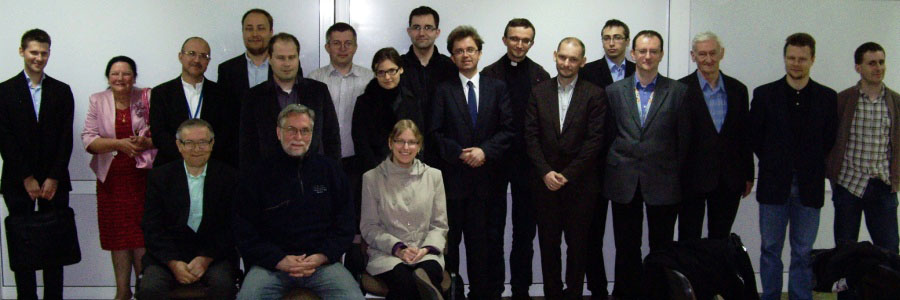
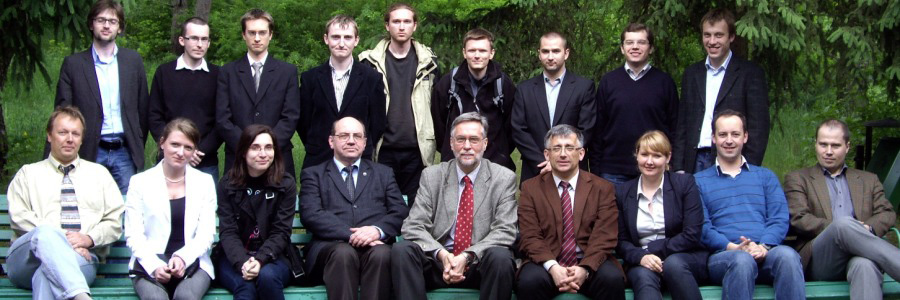
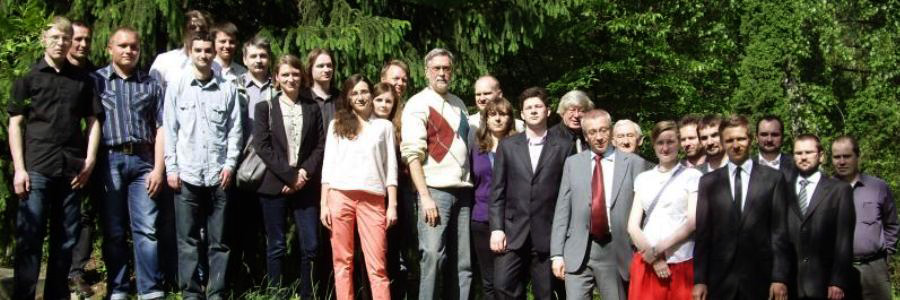
E-learning as an instrument of improving educational activity of future teachers
The widespread introduction of information and communication technologies leads to changes in the system of training
future teachers for pedagogical activities. E-learning not only completes the educational process, but also became an
integral part of it. However, E-learning, in most cases, is understood in the national education rather narrowly – as an
auxiliary tool for the traditional educational process. It is concluded that educational and cognitive activity is a
prerequisite and the result of the readiness of future teachers for both learning and teaching activities with the use of Elearning.
It is substantiated that stimulation of educational and cognitive activity of future teachers by means of Elearning
is a system of interaction between student and educational material by means of ICT, which, in case of its
rational organization by a teacher, ensures qualitative assimilation of the material, promotes the formation of
independent thinking, ensures mastering of new ones or activation of the acquired knowledge , the development of new
skills that positively influences the formation of the readiness of future teachers for professional activity. The
methodology of using E-learning is developed for the purpose of stimulation the students’ educational and cognitive
activity and their preparation for the use of E-learning in the future pedagogical activity. Examples of complex
application in the educational process of institutions of higher pedagogical education of information educational portal,
electronic educational-methodical complexes and Web services are considered and presented. The issues were defined,
the solution of which will help to optimize the educational process not only at the level of stimulation of educational and
cognitive activity of students through E-learning, but also at the level of the entire system of professional training of
future teachers.
Keywords: e-learning; educational and cognitive activity; future teachers







